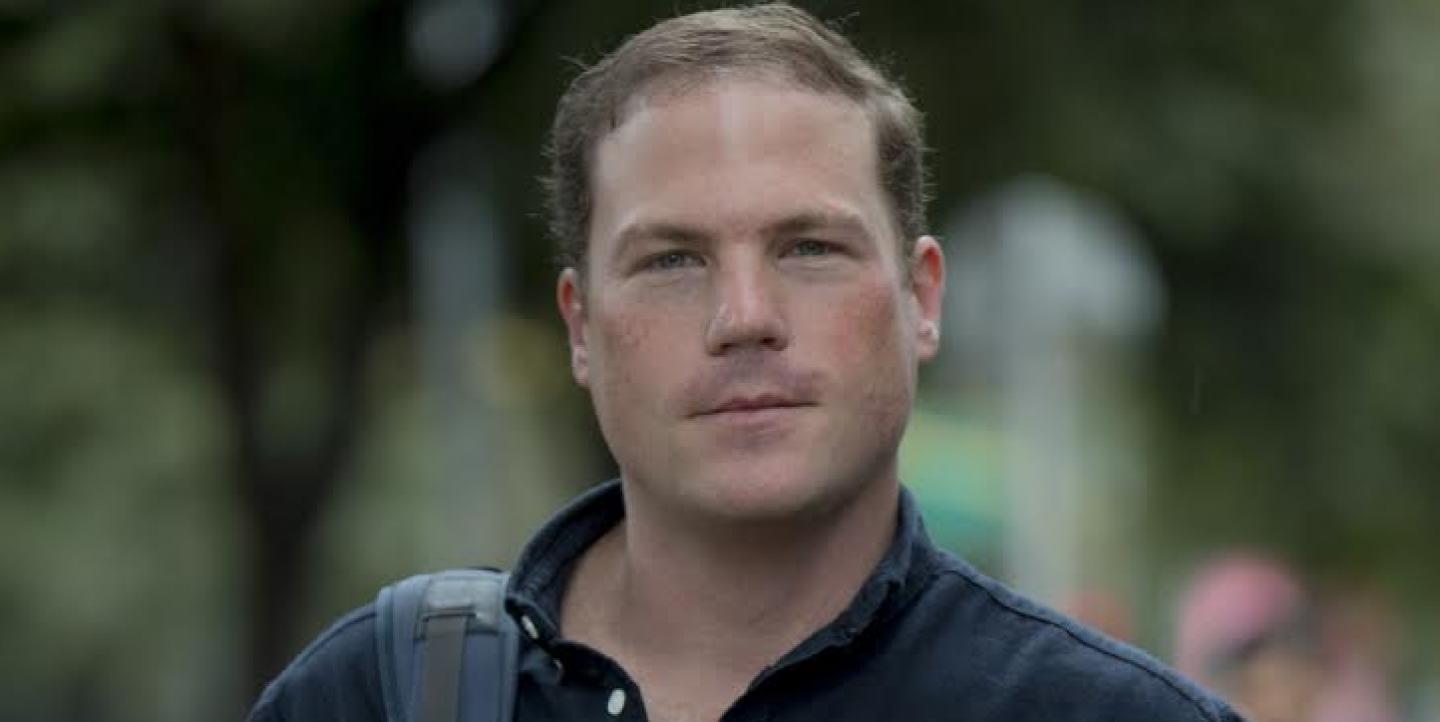Over the course of his career, Joseph Poliszuk has learned that journalistic independence is sometimes a hard-won battle.
An investigative journalist from Venezuela — one of the most corrupt nations in the world, according to Transparency International — Poliszuk has been detained by security forces and harassed and threatened because of his work, which uncovered drug trafficking, illegal mining, human rights abuses and more.
As co-founder and editor-in-chief of Armando.info, his reputation for thorough, data-supported reporting has brought him international attention. He coordinated the Venezuelan chapter of the Panama Papers. The reporting led to the arrests of several influential Venezuelans who were found to have hidden wealth stored in offshore accounts.
Ahead of receiving the 2018 Knight International Journalism Award at the ICFJ Awards Dinner, Poliszuk talked with IJNet about his career and the challenges he’s faced.
After El Universal — the newspaper where he had worked for a decade — was purchased by government-linked businessmen in 2014, Poliszuk and his colleagues decided to launch Armando.info to preserve their journalistic independence.
“We have to fight for independence,” he said. “Imagine that you are writing about drugs or money laundering and you do not know who is paying your salary.”
In late 2017, Armando.info reported that a Colombian businessman was selling overpriced products to a government-run food program. The reporters later tested milk distributed through the program, and found it contained salt and lacked calcium. The businessman, who Armando.info says has close ties with President Nicolás Maduro’s party, filed a lawsuit against them, forcing Poliszuk and three of his colleagues to flee to Colombia to safeguard the investigation and themselves.
The businessman, who has denied the allegations, is now under investigation in Colombia and Mexico, and newspapers in these countries have begun running stories about him. This has legitimized the investigative work that Armando.info produced, Poliszuk said.
“The governments of Colombia and Mexico are legitimizing our investigation,” Poliszuk said. “It was very important, because for a long time we were alone [in our claims].”
With his home country falling into political, humanitarian and economic turmoil, Poliszuk and his team have continued their work from Bogotá.
“I always say that we are temporarily in Colombia because of two things,” he said. “Firstly, of course, we were at risk; but more than that, we had to continue publishing.”
However, the site still faces significant challenges. The Armando.info site has been blocked by the Venezuelan government in the past, and is under frequent cyber-attacks. The site changed its IP address and has received assistance from Google to prevent future cyber-attacks.
“This is digital security, but there are other kinds of security,” he said. “In physical security, we try to do the things that we have to do. Don't be innocent, don't be naive, and be discreet as well. There is a saying in Spanish: ‘When you close your mouth, the flies don't enter.’ You have to be discreet.”
Because many of Armando.info’s journalists are still based in Venezuela, Poliszuk said communicating with his reporters is a challenge. Armando.info’s reporters wait in the same lines for food as other Venezuelans, and they’re subject to censorship and a restricted press climate.
“I think you have to be more communicative when you have divided your newsroom,” he said. “But we are very proud of the team that we have, and we want to continue because we are confident that what we do is important and useful.”
Despite this, the team continues its work and is building a reputation on thoroughly reported and fact-checked investigations.
“If you don't have proof, we cannot publish the story,” he said of Armando.info’s editorial process. “This is one of the things that makes the difference between us and many other Venezuelan sites, as we are dedicated exclusively to investigative journalism. We edit the stories, and the editing takes time. It’s a big part of Armando.info’s brand. But we are not keen on the daily news. We are keen on explaining the structure of the system.”
Collaboration also plays a large role in Poliszuk and Armando.info’s work. The newsroom frequently partners with fellow Venezuelan newsrooms, and Poliszuk says this collaboration offers three benefits: increased web traffic, added protection against threats and censorship and sharing resources and information.
“Two months ago, the government prohibited us from continuing to write about the food program,” he said. “We published it anyway, but we were not alone. Sixteen other Venezuelan sites and one Colombian site published as well.”
Since the government couldn’t shut all 17 news sites down, the investigation was kept alive and online.
Poliszuk maintains that he and his team’s stay in Colombia is temporary — and he hopes the Armando.info newsroom will be able to return to Venezuela soon, after their investigation into the country’s food program is complete.
In addition to the food program investigation, Poliszuk said Armando.info is currently building databases of imports coming into Venezuela’s ports and launching more transnational collaborations with its partners.
"I am surprised at the solidarity of some colleagues around the world,” he said. “I am surprised by the solidarity of you, of organizations like ICFJ. In the beginning, it was not easy. We didn't expect that situation, but a lot of colleagues have supported us.”

